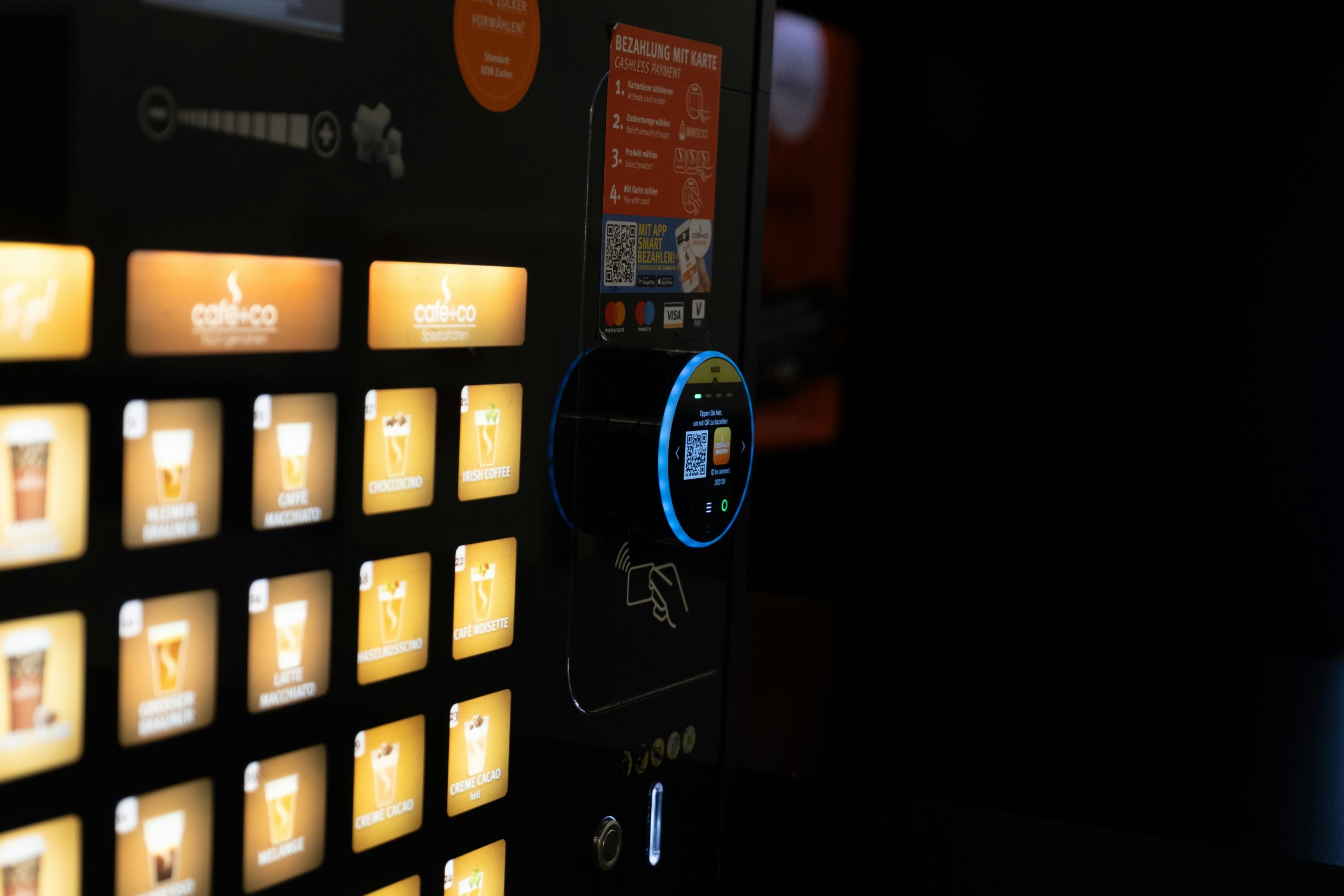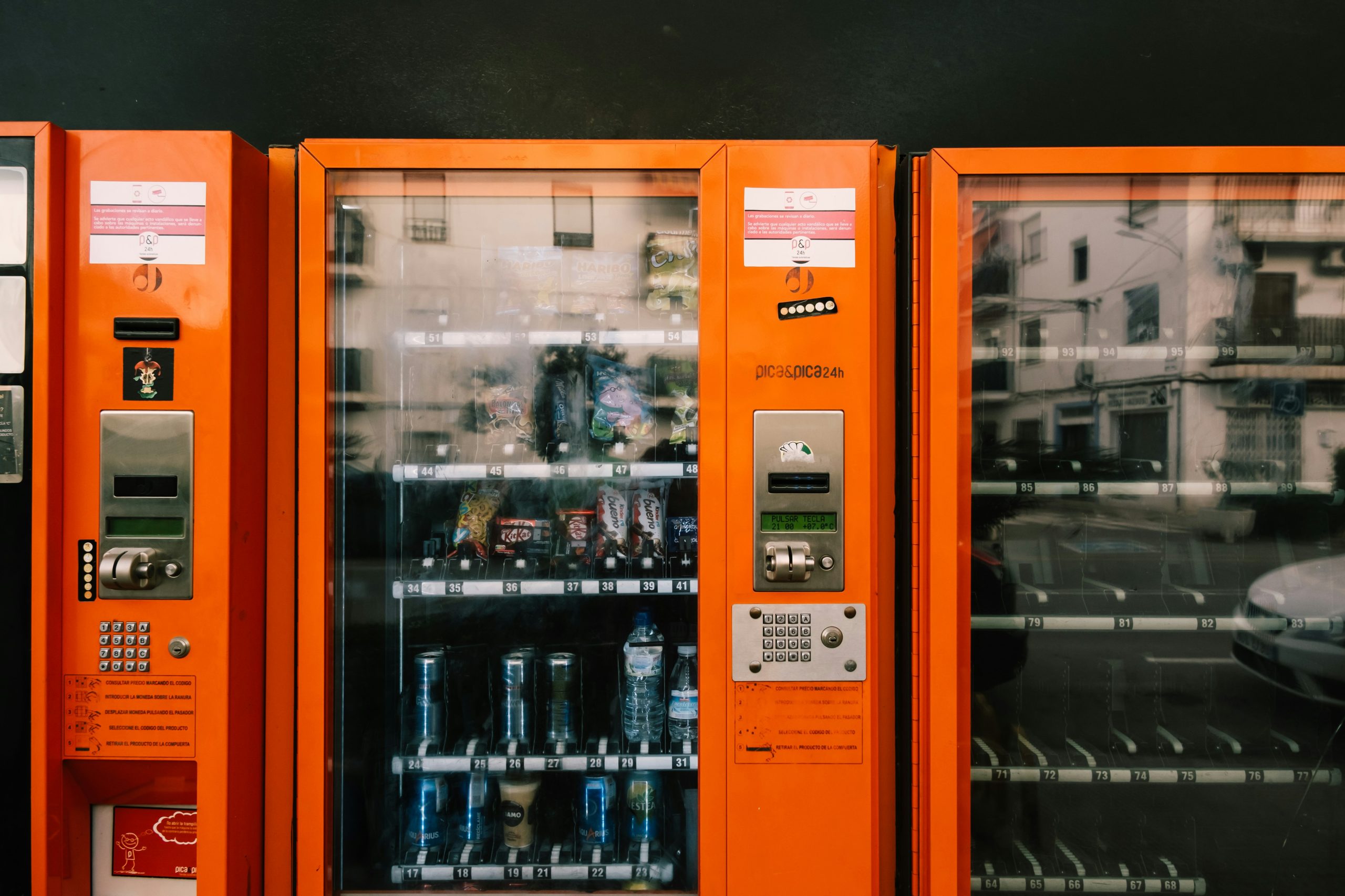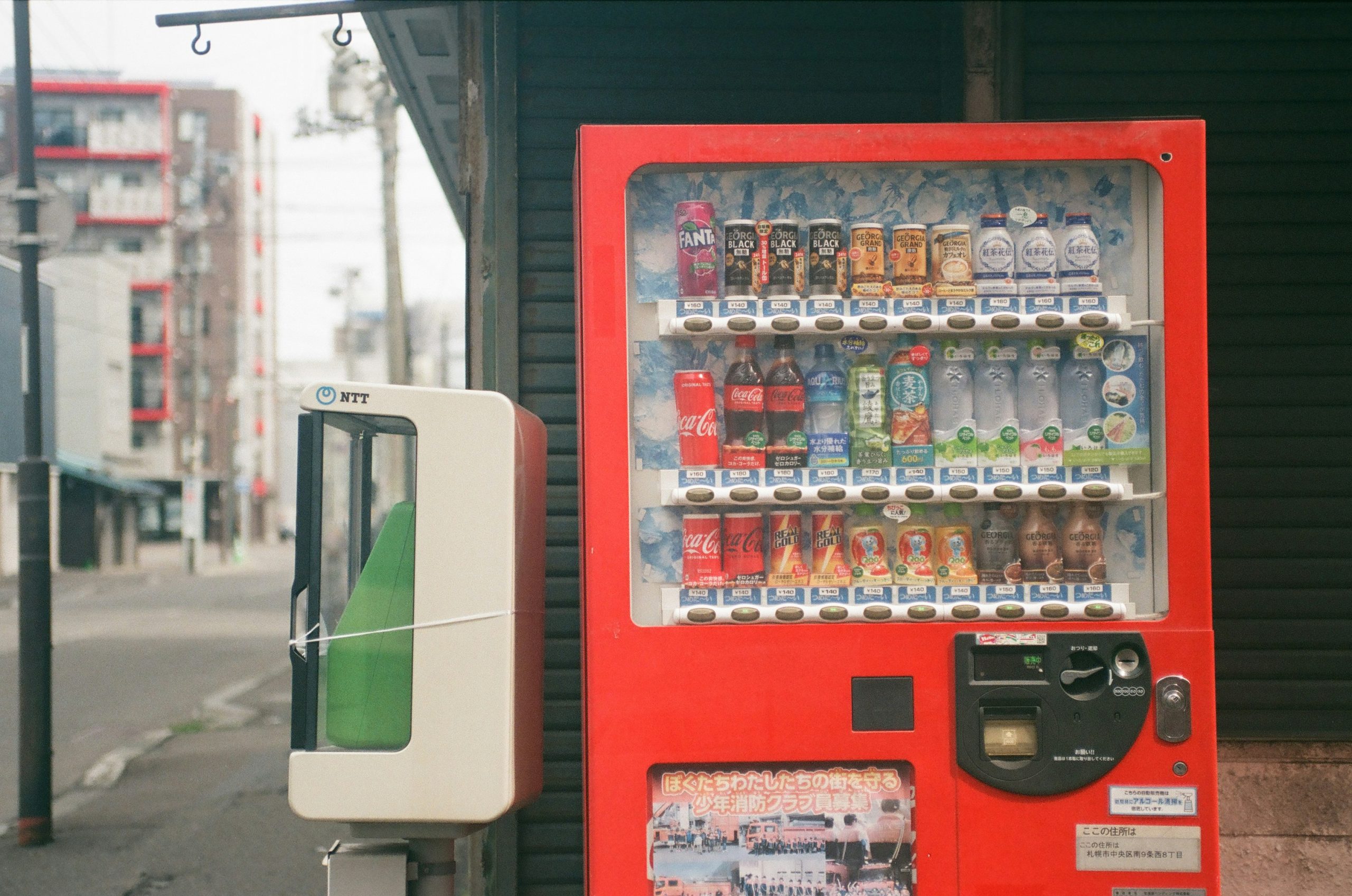
Singapore’s bustling urban landscape showcases an impressive array of vending machines that go far beyond dispensing snacks and drinks. From freshly made pizzas to tech gadgets and cosmetics, these automated kiosks are redefining retail experiences. But when it comes to setting up vending machines as a business, is the return on investment (ROI) worth it?
This post will break down the business potential of a Singapore vending machine, exploring factors like what influences ROI, the benefits of this business model, and actionable tips for making the most out of your investment. Whether you’re a budding entrepreneur or a seasoned shop owner looking to diversify, keep reading to determine if vending machines are a smart choice for your business.
Why Singapore is Ideal for Vending Machines
High Urban Density
With over 5.5 million people living in a highly urbanized environment, Singapore offers incredible foot traffic in malls, MRT stations, and residential areas. This makes it an ideal location to operate vending machines. With the right placement, a steady stream of consumers can drive revenue significantly.
Tech-Savvy Population
Singaporeans are no strangers to digital payments like PayNow and PayLah. This eliminates one of the common barriers to vending machine use: cash-only transactions. Machines that integrate with these popular payment systems can attract more customers effortlessly.
Convenience Culture
Busy lifestyles have shaped a culture of convenience among Singaporeans. Automated services like vending machines resonate with this consumer behavior, offering instant access to essentials or unique treats.
With these favorable conditions, vending machines have the potential to become lucrative assets, provided they are strategically set up and optimized.
Factors Influencing ROI for Vending Machines in Singapore
Successful vending machines aren’t purely a game of “set it and forget it.” Their ROI depends on a few key factors:
1. Location
One of the most influential factors in determining ROI is placement. High-traffic areas like MRT stations, universities, or within office buildings often yield higher footfall and sales. However, high-demand spaces also come with higher rental fees, so fine-tuning this balance is critical.
2. Initial Investment
The cost of a vending machine varies by type. Basic snack dispensers may cost SG$4,000 to SG$6,000, whereas advanced specialty machines, like those serving hot meals, can exceed SG$25,000. When calculating ROI, it’s important to account for:
- Purchase or rental costs of the machine
- Licensing and regulatory fees
- Maintenance and stocking expenses
3. Operating Costs
Alongside your initial investment, consider operating costs. These include rental fees for the space (which in Singapore can range upward of SG$500 per month depending on location), electricity, and product restocking. Machines without contactless payment options may also incur cash collection logistics fees.
4. Product Selection
Machines that offer niche products or unique items that customers can’t find elsewhere often have higher profit margins. Examples include:
- Premium coffee
- Beauty products
- Electronics like chargers or headphones
Ensure that your stock aligns with the interests and needs of the target demographic in your chosen location.
5. Technology and Features
Modern vending machines equipped with tech like touchscreens, automated inventory tracking, and personalized product recommendations have higher upfront costs. However, they enhance customer experience and reduce operational inefficiencies, ultimately boosting profitability.
6. Marketing and Branding
Even with prime placement, you can amplify sales with a targeted marketing strategy. For instance:
- Use social media to highlight the launch of new products in your vending machine.
- Place eye-catching decals and clear instructions on the unit to attract passers-by.
- Run limited-time promotions or discounts for repeat customers.
Understanding and carefully monitoring these variables can help you predict your business’s ROI more accurately.
The Benefits of Vending Machines as a Business Model
If you’re still on the fence about investing, here are some advantages to consider:
Low Operational Overheads
Unlike traditional retail shops, vending machines don’t require full-time staff or large spaces. This lean setup significantly reduces wage and rental costs.
24/7 Revenue Generation
The beauty of vending machines lies in their round-the-clock operation. Whether it’s a college student grabbing a late-night snack or an office worker needing a quick coffee fix, your machine works even as you sleep.
Scalability
Vending businesses allow for incremental scaling. Once your first machine turns profitable, it’s relatively easy to replicate success by installing additional vending units in high-demand locations.
Innovative Customer Experience
Modern vending machines equipped with touchpads, app integrations, and high-speed payment systems elevate retail convenience, making them highly attractive to today’s digital-first consumers.
Despite these benefits, a profitable setup requires detailed planning and regular optimization.
How to Maximize ROI from Your Vending Machine
Step 1: Begin with Location Research
Take time to study footfall patterns in various locations. Sites near schools, offices, or train stations are more likely to thrive.
Step 2: Offer a Curated Product Line-Up
Stock your machine with products in demand by the demographic frequenting your location. For example, place healthy snacks and water near fitness centers, or trendy cosmetic brands near beauty academies.
Step 3: Optimize Pricing
The sweet spot in product pricing is balancing affordability for customers while achieving substantial profit margins. Consider subtle promotions, such as combo deals, to increase sales per transaction.
Step 4: Use Smart Technology
Vending machines with remote inventory management save time and labor costs. Some solutions also predict restocking schedules, ensuring that popular products never run out.
Step 5: Analyze Performance Metrics
Pay attention to analytics provided by your vending machine to identify patterns. This data can help you determine which products are performing well and which aren’t, allowing for smarter inventory decisions.
Step 6: Tap into Social Media
Advertise unique items or limited-time promotions via social networks popular with your target audience. A well-designed Instagram post showing a cool vending machine aesthetic could drive curiosity and boosts visits.
With these tips, you’ll be better equipped to turn your vending machine into a high-performing asset.
Wrapping It All Up
Vending machines in Singapore are more than just coin-operated snack dispensers; they’re a vibrant, scalable, and profitable business model that caters perfectly to the city’s convenience-driven culture. While ROI varies depending on factors like location, product offerings, and operational strategies, a properly managed vending machine can be a lucrative addition to your business portfolio.
Whether you’re starting with a single vending machine or scaling up a fleet, your success will largely depend on understanding your audience, leveraging smart technologies, and consistently optimizing your approach.
Thinking of starting your vending machine business? Begin by researching key locations and building partnerships with suppliers today. With the right setup, your investment in Singapore’s vending machine landscape could yield impressive returns!
Related Blog



